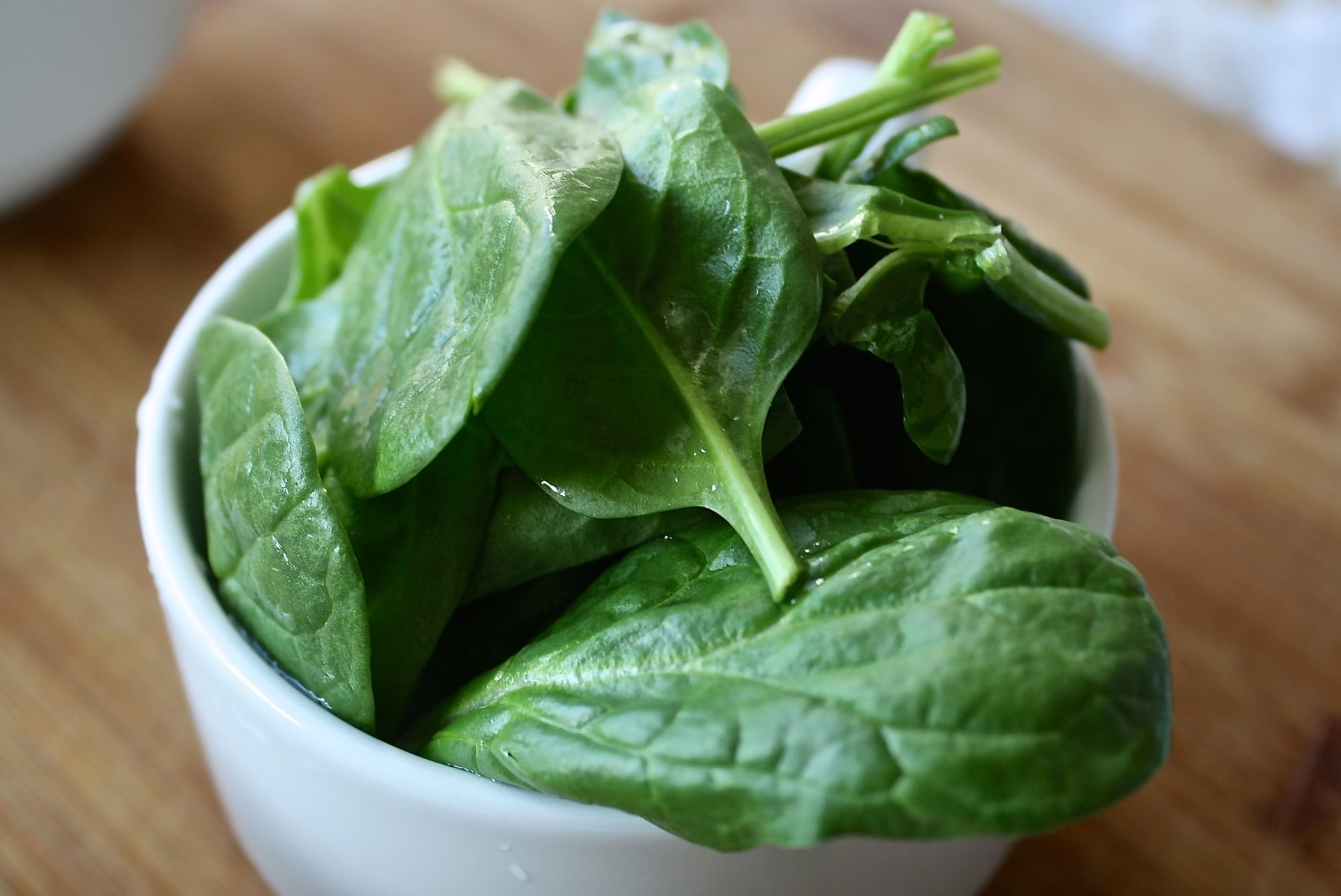Eating a diet high in leafy green vegetables like spinach, broccoli, and lettuce is often associated with good health. One of the reasons for this is that these vegetables are high in vitamin K, which is an essential nutrient that plays a critical role in blood clotting and bone health. But did you know that eating these vegetables may also reduce your risk of heart disease?
Heart disease is one of the leading causes of death worldwide, and several risk factors contribute to its development. One of these risk factors is a condition called atherosclerosis, which occurs when fatty deposits build up in the walls of arteries and restrict blood flow. This can lead to a heart attack or stroke. However, research suggests that vitamin K may help protect against atherosclerosis and reduce the risk of heart disease.

Several studies have found that people who consume higher amounts of vitamin K have a lower risk of heart disease. For example, a 2017 study published in the Journal of the American Heart Association found that people who had the highest intake of vitamin K had a 21% lower risk of developing heart disease compared to those with the lowest intake. Another study published in the Journal of Nutrition found that consuming more vitamin K was associated with a 57% lower risk of death from heart disease.
One of the ways that vitamin K may protect against heart disease is by preventing the buildup of calcium in arterial walls. When calcium accumulates in artery walls, it can lead to atherosclerosis and increase the risk of heart disease. However, vitamin K helps activate a protein called matrix Gla protein (MGP), which inhibits the accumulation of calcium in arterial walls. In this way, vitamin K may help prevent atherosclerosis and protect against heart disease.
In addition to its role in preventing atherosclerosis, vitamin K may also have other beneficial effects on heart health. For example, it may help reduce inflammation, which is another risk factor for heart disease. Furthermore, some studies suggest that vitamin K may help lower blood pressure, which is another important factor in heart health.
So if you want to reduce your risk of heart disease, make sure to include plenty of leafy green vegetables like spinach, broccoli, and lettuce in your diet. These vegetables are not only high in vitamin K, but also provide other important nutrients like fiber, antioxidants, and vitamins A and C. So, add some spinach to your salad, include broccoli in your stir-fry, or try a lettuce wrap instead of a sandwich. Your heart (and the rest of your body) will thank you!
AGULI STAFF DESK









